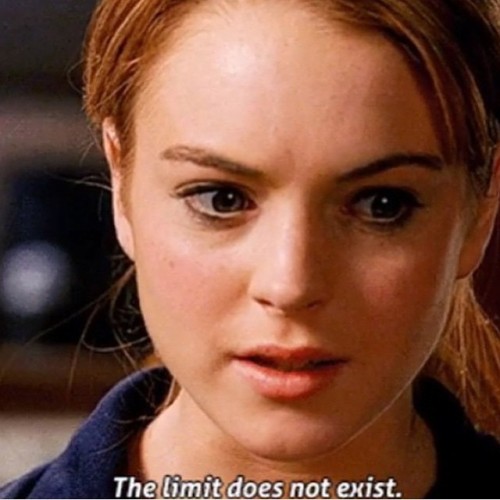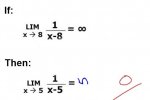We are given to evaluate:
$\displaystyle L=\lim_{n\to\infty}\left(\sqrt{n^2+n}-\sqrt[3]{n^3+n^2}\right)$
This has the indeterminate form $\infty-\infty$, so let's rewrite the expression:
$\displaystyle \sqrt{n^2+n}-\sqrt[3]{n^3+n^2}\cdot\frac{\dfrac{1}{n}}{\dfrac{1}{n}}= \frac{\sqrt{\dfrac{1}{n}+1}-\sqrt[3]{\dfrac{1}{n}+1}}{\dfrac{1}{n}}$
Next, let's use the substitution:
$\displaystyle u=\frac{1}{n}+1$ which means that as $n\to\infty$ then $u\to1$ and our limit becomes:
$\displaystyle L=\lim_{u\to1}\left(\frac{u^{\frac{1}{2}}-u^{\frac{1}{3}}}{u-1}\right)$
At this point we have the indeterminate form $\dfrac{0}{0}$, which means we may apply L'Hôpital's Rule:
$\displaystyle L=\lim_{u\to1}\left(\frac{\dfrac{1}{2}u^{-\frac{1}{2}}-\dfrac{1}{3}u^{-\frac{2}{3}}}{1}\right)= \frac{1}{6}\lim_{u\to1}\left(3u^{-\frac{1}{2}}-2u^{-\frac{2}{3}}\right)$
Now we have a determinate form, and we may state:
$\displaystyle L=\frac{1}{6}\left(3(1)-2(1)\right)=\frac{1}{6}$
If we don't want to rely on L'Hôpital's Rule, then let's return to the point:
$\displaystyle L=\lim_{u\to1}\left(\frac{u^{\frac{1}{2}}-u^{\frac{1}{3}}}{u-1}\right)$
$\displaystyle\frac{u^{\frac{1}{2}}-u^{\frac{1}{3}}}{u-1}\cdot\frac{u^{\frac{1}{2}}+u^{\frac{2}{3}}}{u^{\frac{1}{2}}+u^{\frac{2}{3}}}= \frac{u^{\frac{5}{6}}\left(u^{\frac{1}{3}}-1\right)}{(u-1)\left(u^{\frac{1}{2}}+u^{\frac{2}{3}}\right)}$
Next, let's observe that $u-1$ may be written as the difference of cubes and then factored:
$\displaystyle u-1=\left(u^{\frac{1}{3}}\right)^3-1^3= \left(u^{\frac{1}{3}}-1\right) \left(u^{\frac{2}{3}}+ u^{\frac{1}{3}}+1\right)$
Hence, we have:
$\displaystyle \frac{u^{\frac{1}{2}}-u^{ \frac{1}{3}}}{u-1}= \frac{u^{ \frac{5}{6}}}{\left(u^{ \frac{2}{3}}+u^{ \frac{1}{3}}+1\right)\left(u^{ \frac{1}{2}}+u^{\frac{2}{3}}\right)}= \frac{u^{\frac{1}{3}}}{ \left(u^{\frac{2}{3}}+u^{ \frac{1}{3}}+1\right)\left(u^{ \frac{1}{6}}+1\right)}$
And thus, our limit is:
$\displaystyle L=\lim_{u\to1}\left( \frac{u^{\frac{1}{3}}}{ \left(u^{\frac{2}{3}}+ u^{\frac{1}{3}}+1\right) \left(u^{\frac{1}{6}}+1\right)}\right)$
Now we no longer have an indeterminate form, and we may evaluate the limit directly:
$\displaystyle L= \frac{1}{ \left(1+ 1+1\right) \left(1+1\right)}=\frac{1}{6}$


